THE SONGSMITHS: a crowd-funded success
THE SONGSMITHS: a crowd-funded success
By Norman Warwick
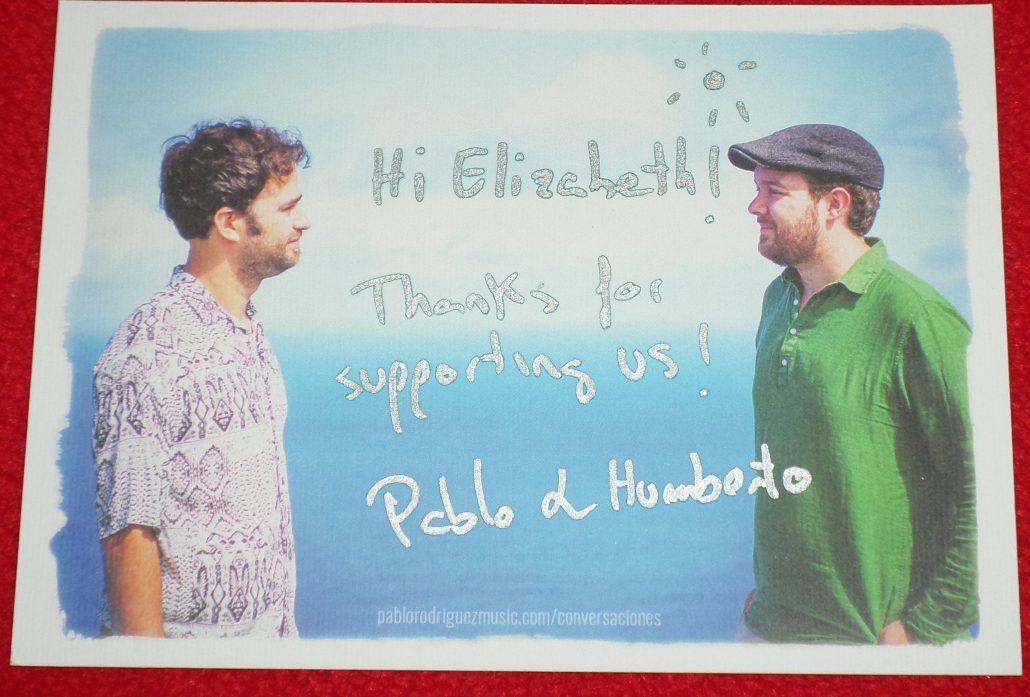
We have reported on these pages, in the past, one or two spectacularly successful crowd-funding initiatives. Some of these appeals really do deliver vibrant outcomes, leaving a lasting legacy. The album that came about for two musicians, Pablo and Humberto, widely known through the Canary Islands and the Spanish peninsula and a growing presence in Cuba, is a wonderful example of the final product a crowd-fund can deliver.
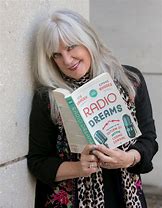
crowd-funded Radio Dreams
Similarly with Kimmie Rhodes, an American singer-writer I had a huge unspoken crush on back in the nineteen eighties, who has employed a crowd-funding appeal to help her publish a dual-dialogue memoir of her late husband, the revered musician and dj, Joe Gracie.
I was reminded of all this when we received information in our office that The University and Leeds University Union have built their own crowd-funding platform. This captured my attention because it was Leeds University I entered twenty years ago as a mere boy of forty seven and emerged from as mature man of fifty, with a degree in English Language And Literature, but actually not much wiser about this world in any way at all !
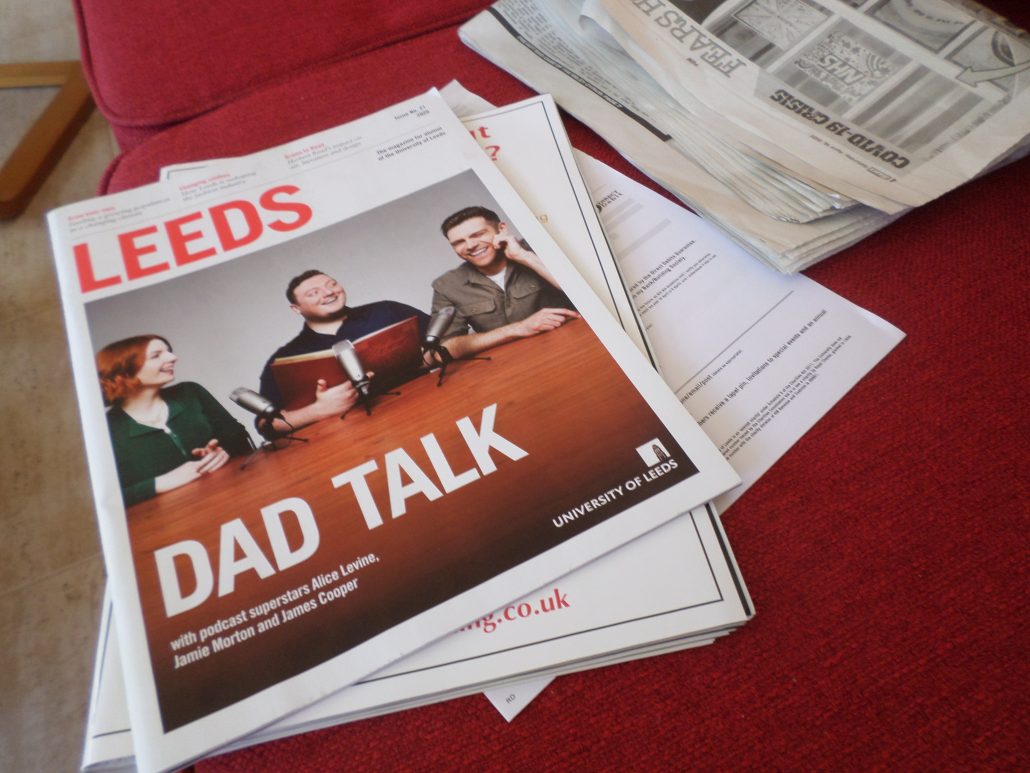
According to the promotional literature in the Thanks To You publication from my old university, crowd-funding harnesses the power of social media. This helps reach a large identified and targeted audience of potential supporters making it possible for even small individual contributions to help bring major projects to reality. This is hugely helpful in delivering arts projects that are not immediately seen as either sufficiently important or viable to attract support from financial and commercial sectors.
However, the University Of Leeds believes their new crowd-funding facility can empower students to raise money for projects that might help them make the most of their three year course at university. Such funding could help take a show on tour, for example, or to hire a key-note speaker to complement particular parts of a curriculum. A crowd-funding sum could purchase important equipment, for instance, or could even upgrade or renovate a performance space, or a study room or research or archive centre. The University and Union believe that this project should remind students that lack of money need not be a barrier to ambition.
The crowd-funding platform at Leeds will offer students support and advice throughout the process of wording and launching the appeal and managing the spending of eventual funds received. As well as being offered advice on project marketing and management, students will also be able to attend crowd-funding workshops. They will thus have the tools and skill set and, indeed, the confidence to turn ideas into reality.
Some projects might even be able to receive small amounts of ´match funding´ from the Footsteps Fund. This means that members of the families, friends and general public who pledge to the crowd-fund appeal stand a real chance of helping students bring to realisation projects that matter to them.
I left Leeds University armed with a passion for learning with which I thought I might change the world. As soon as I stepped out as a self-employed writer / artist I realised how much I still had to learn about marketing and money. A parallel extra-curricular course on crowd-funding, admittedly then still only a twinkle in the eyes of its parents, Hope and Charity, would have lent add-on value to what had undoubtedly already been the best three years of my life. I spent the next ten years learning by trial and naïve error what I could have learned whilst learning the real stuff.
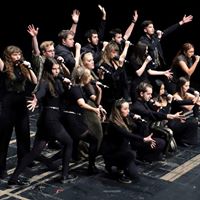
in performance
The University Of Leeds Student Union A Capella Society, known as The Songsmiths, have already received support via both crowd-funding and the Footsteps Fund. The group´s former Treasurer, Imogen Broughton, has publicly stated her gratitude to members of the public and former University students for supporting a campaign that sent The Songsmiths to one of Europe´s biggest festivals.
The group´s most successful year to date, 2019, saw The Songsmiths attend the prestigious Diana Awards and appear live on This Morning on ITV: They also secured third place in the UK finals of the International-Collegiate A Capella competition.

Imogen told the University magazine that, until actually receiving their award for that competition. the idea of ever singing at the Edinburgh Fringe Festival had been nothing but a pipe dream. They took the trophy, however, to be a sure sign that they had a show worth sharing more widely. Nevertheless, the creating, producing and project managing a show on a fit-for-purpose scale to meet the demands of The Edinburgh Fringe was an enormous task for students also in full time studies. Apart from anything else the twelve minute set that had earned them the award had to be elongated into a forty five minute Fringe performance that would include rehearsed choreography and harmonies learned off by heart.
As alluded to earlier in this article, money remained the biggest problem. Polishing a pipe dream into a reality meant taking account of costs such as accommodation, venue hire, promotional material and doing their sums they arrived at a sum of around £5,000, which they could never have met on their own. They received not only advice on how to develop the project from the new University Of Leeds & Student Union crowd-funding platform but also on how to ensure individual match-funding donations of £250 by alumni and former students gave their appeal a good head start. A ´mad month of fundraising´ as Imogen recalled it, then saw a sing-athon and a sponsored cycle ride from Leeds to (where else?) Edinburgh raise the almost £3,500 that, when added to the earlier donations, brought the dream closer to reality. Imogen explains that this enabled The Songsmiths expand the reach of the show and that such strong promotion obviously boosted ticket sales, to such an extent that every show of the week-long tour was a sell-out.
She describes the scale of the project as being the biggest thing she had ever undertaken. The committee and the Society as a whole, she says, worked tirelessly to make the show a reality. Imogen also believes that the holistic experience she and her colleagues gained from producing and funding the show added importantly to their skill sets.
´Stunning, beautiful and compelling´ were words found in their first review, which Imogen remembers reading aloud on the Royal Mile whilst actually handing out flyers for further shows. The crowd-funding project had not only seen the group achieve and exceed their target but the show had also been so successful that sometimes people had to be turned away at the doors. Those ticket sales themselves ensured that this year´s Society can afford to go again, and Imogen plans are already underway to make that happen.
She speaks, too, of the importance of the self-confidence gained by each member of the group from being a successful sell-out show on the Edinburgh fringe.
Having now graduated and joined the alumni committee, Imogen says she will always look back on the crowd-funding project, the show itself and simply at being at the Fringe as some of the most challenging but ultimately rewarding times of her life.
´It was,´ she concludes, ´a once in a lifetime experience.´
If any of our readers want to find out more about how crowd-funding works, then crowdfunding.leeds.ac.uk would be a good place to start learning.


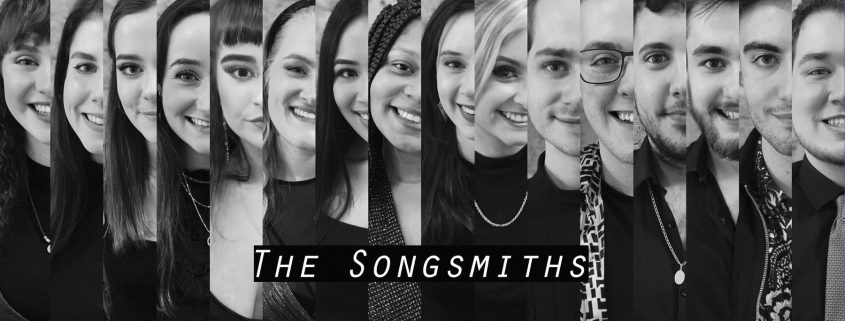


Leave a Reply
Want to join the discussion?Feel free to contribute!